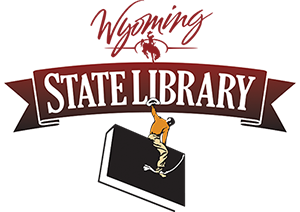By Shauna Swantek, Head of Public Services, Marshall District Library
From the Library of Michigan Dispatch Newsletter

The new year brings with it a natural time for reflection. Why not apply this to programming at the library as well? Consider answering the following on your own or with your team. You may need to break the questions down for various demographics you serve. These are not meant to be yes or no questions; when possible, follow your response with a why explanation. Be curious as you reflect on the work your library programming staff does.
Evaluation
- What was the best attended program last year?
- What program created the most buzz online? Around town?
- What program was really unique? Why?
- How did we evaluate a “successful” program in the last year: attendance, feedback, other?
- What do we do solidly for a core group of people but never seem to see new faces there?
- Is there a program that needs to be discontinued? Re-imagined? Re-scheduled for a different time? Re-staffed?
- When was the last time we surveyed our patrons/community to help inform our programming?
New or expanding programming
- What do we sometimes/often forget about when creating a program?
- Have we invited local people/organizations in to program with us lately?
- How are we taking library programming out of our building?
- Did some programs help us serve people we do not usually see?
- What programs did we offer that were multi-generational?
- What are we/should we be intentional about when creating a program?
- How might a new program create a community of learners/makers/doers?
Making the most of staff, resources, & programs
- Who is gifted with a particular program/audience? Why does this work so well?
- What programs am I personally most enjoying preparing for/leading?
- Are there programs I need to let go or pass on to someone else?
- How do we tell the story of successful programs to those who aren’t able to attend?
You probably ended up creating some of your own reflection questions and/or notes along the way. The real work is considering how you can apply the answers/information to planning efforts. Look for opportunities and low hanging fruit; start there. Most of all, be honest. If it doesn’t light you up, you may not the right person to lead that program. Try to work with other staff as part of a team so everyone is working from a place of true investment and shining their light on your community.
